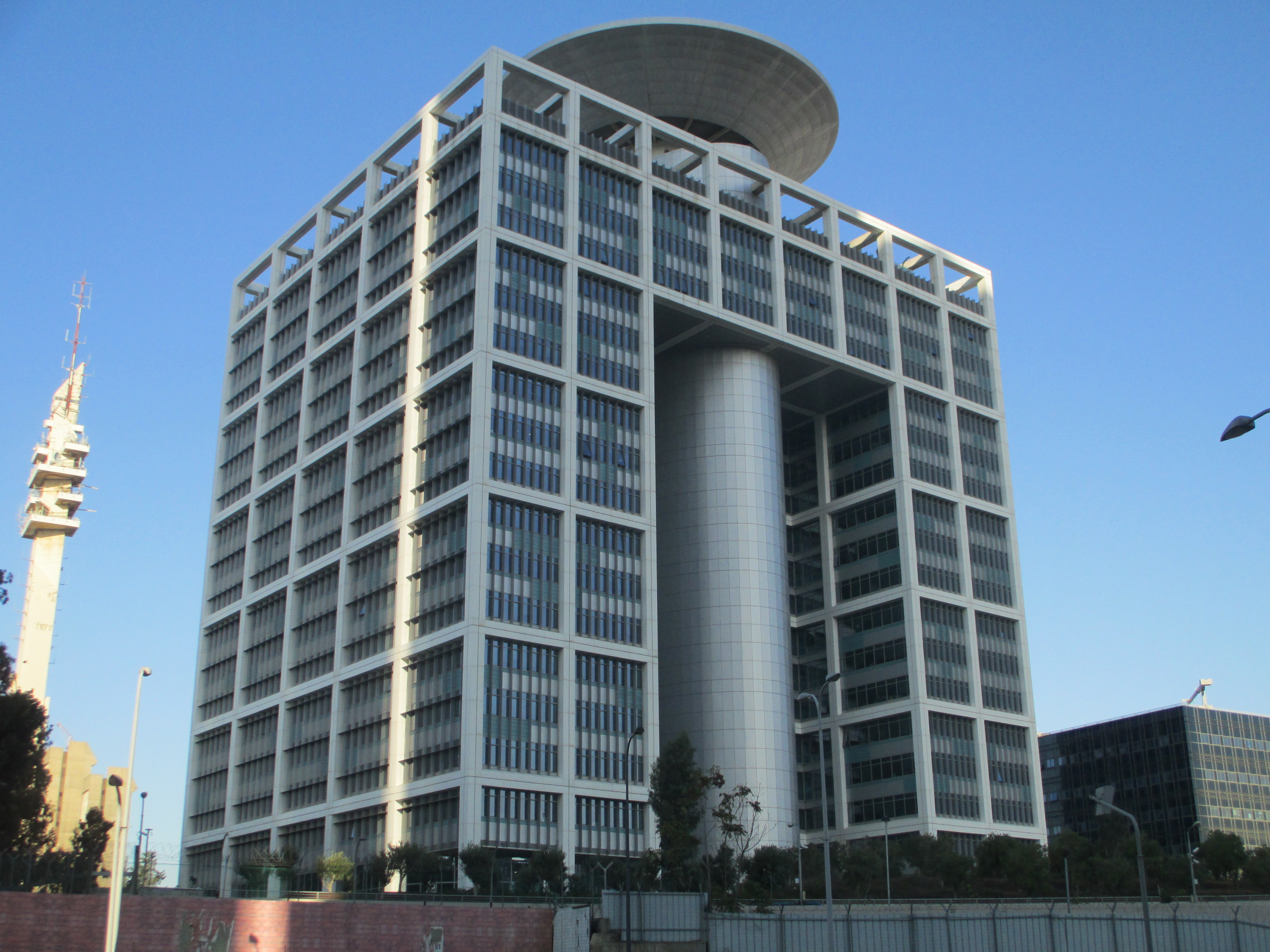Will Bin Laden's Death Reignite the Interrogation Debate?
I recommend that Lawfare readers spend some time absorbing the entirety of this press briefing last night by "senior administration officials." In particular, the following passage stands out and suggests that the full story here may--and I want to stress may, not will or not should--reignite the debate over interrogation tactics:
What I’d like to do is walk you through the key points in that intelligence trail that led us to that concl
Published by The Lawfare Institute
in Cooperation With

I recommend that Lawfare readers spend some time absorbing the entirety of this press briefing last night by "senior administration officials." In particular, the following passage stands out and suggests that the full story here may--and I want to stress may, not will or not should--reignite the debate over interrogation tactics:
What I’d like to do is walk you through the key points in that intelligence trail that led us to that conclusion. From the time that we first recognized bin Laden as a threat, the CIA gathered leads on individuals in bin Laden’s inner circle, including his personal couriers. Detainees in the post-9/11 period flagged for us individuals who may have been providing direct support to bin Laden and his deputy, Zawahiri, after their escape from Afghanistan. One courier in particular had our constant attention. Detainees gave us his nom de guerre or his nickname and identified him as both a protégé of Khalid Sheikh Mohammed, the mastermind of September 11th, and a trusted assistant of Abu Faraj al-Libbi, the former number three of al Qaeda who was captured in 2005. Detainees also identified this man as one of the few al Qaeda couriers trusted by bin Laden. They indicated he might be living with and protecting bin Laden. But for years, we were unable to identify his true name or his location. Four years ago, we uncovered his identity, and for operational reasons, I can’t go into details about his name or how we identified him, but about two years ago, after months of persistent effort, we identified areas in Pakistan where the courier and his brother operated.The passage is significant for several reasons. First, it strongly supports what intelligence community folks have long argued about the way good operational intelligence comes about. Information has a very long life. It gets put together piece by piece in a kind of mosaic over many years--and one doesn't necessarily know what the significant pieces will be when one is collecting the information. Second, key pieces of this information came from detainees--specifically, the information that a particular courier was important and information about that courier's nom de guerre. There's a tendency among those who object to U.S. detention policy to pooh-pooh the value of detainee interrogations, many of which do turn out to involve relatively trivial data--often about other detainees. But this episode seems to show that sometimes, that trivial data turns out not to be trivial at all. This is not a surprising point, but it is important--since the value of these interrogations is routinely questioned. Again, the key point is that one never knows which information is going to be important. Third and finally, it appears from the time-frame here that both the identification of the courier's nom de guerre and his real identity took place during the Bush administration, that is, during the period in which high-value interrogations were conducted using permissive guidance. Given that the courier in question was a protege of KSM's and al-Libbi's, one has to at least wonder what role the coercive interrogations of those two figures may have played in developing that information. This point could play either way, of course. If coercion played no role, that fact will be taken as proof that the biggest counterterrorism coups do not rely on brutality, but on patient and clever intelligence work over time. Conversely, if it turns out that the coercive interrogations conducted by the CIA developed key tiles in this mosaic, it could raise anew the question of where the legal and policy lines for such interrogations should lie.
Benjamin Wittes is editor in chief of Lawfare and a Senior Fellow in Governance Studies at the Brookings Institution. He is the author of several books.



-final.png?sfvrsn=b70826ae_3)

